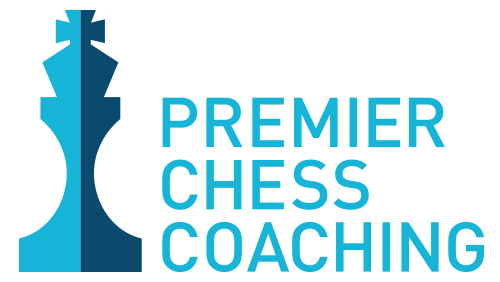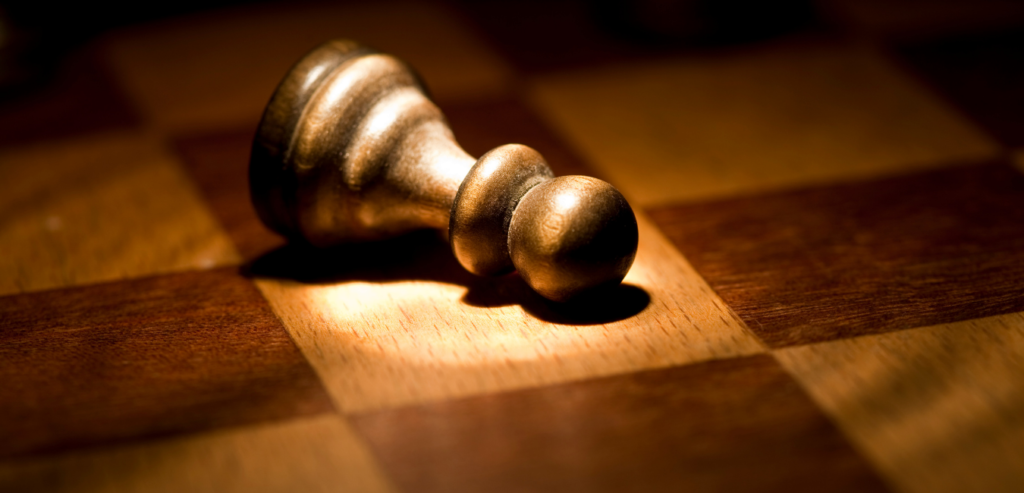Losing – arguably the most effective and frustrating tool for learning chess. Every chess great has experienced the feeling of racking up losses at one point or another, it’s inevitable. Losing is just a fact of the game. Once we learn to live with this, we can turn our attention to a more productive question: How can we gain the most utility out of each loss? Turning losses into a resource is a key step on the path to chess greatness. Let’s explore losing together.
Understanding Your Mistakes
When you lose, it’s much easier to identify your mistakes than when you win. If you lose, it’s clear that a mistake was made, and it’s often easier to know exactly what went wrong. To maximize your losses, it’s important to budget a few minutes after each game to explore what went wrong and how to avoid it. These days, computer engines make learning chess leaps and bounds simpler than ever before. Run your game through an engine and use it to understand what you should have done differently. Engines are great at helping you identify tactical errors you should avoid in the future.
Learn Your Emotional Patterns
Losses come hand-in-hand with emotion. Whether it’s frustration, anxiety, panic, or some combination of the lot, it’s often the case that losses bring these emotions to the forefront. This is a great time to analyze your emotional reaction to different situations.
If you find yourself frustrated in response to an opponent’s move, analyze that situation. How did your game change in response to your frustration? Next time, are you able to identify that emotion and work through it rather than letting it affect your game? Not only will this exercise enable you to play a more consistent game, it will help you understand your own emotions outside of chess as well. These transient skills built through chess are some of our favourite parts of the game.
Learn Chess With The Right Opponent
Learning chess is much easier when your opponent or coach is of the right skill level compared to you. When you lose to an opponent of the right skill level, they can both help you understand the mistakes you made and help you improve your game. Analyze and adjust your game after every loss like this, and play another game. You’ll be able to see how your adjustments affected the game, and your opponent will be able to help guide your improvement.
Learning chess doesn’t have to be frustrating. If you’re not having a blast even when your losing, we can help! Our coaches host group lessons, school clubs, and private lessons. We’ll help you have fun with chess every step of the way. Get in touch with us here!


